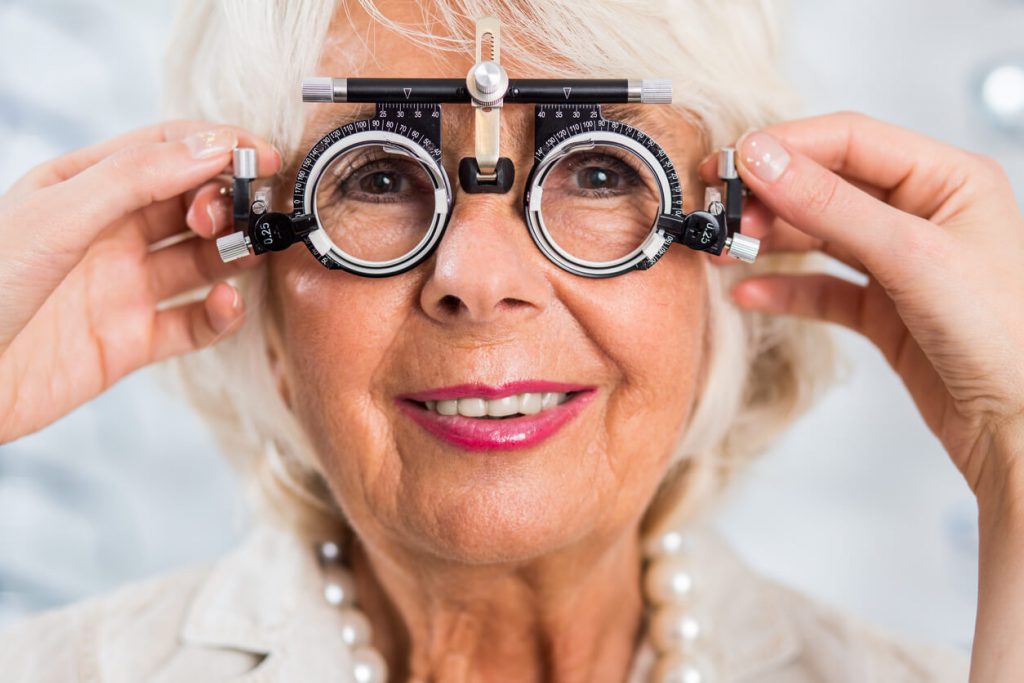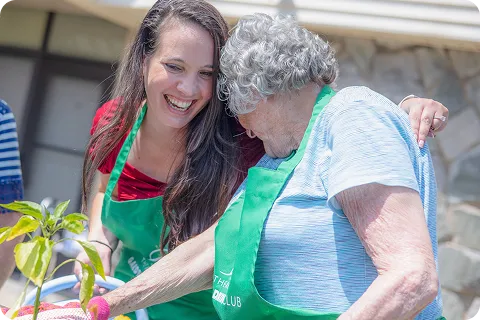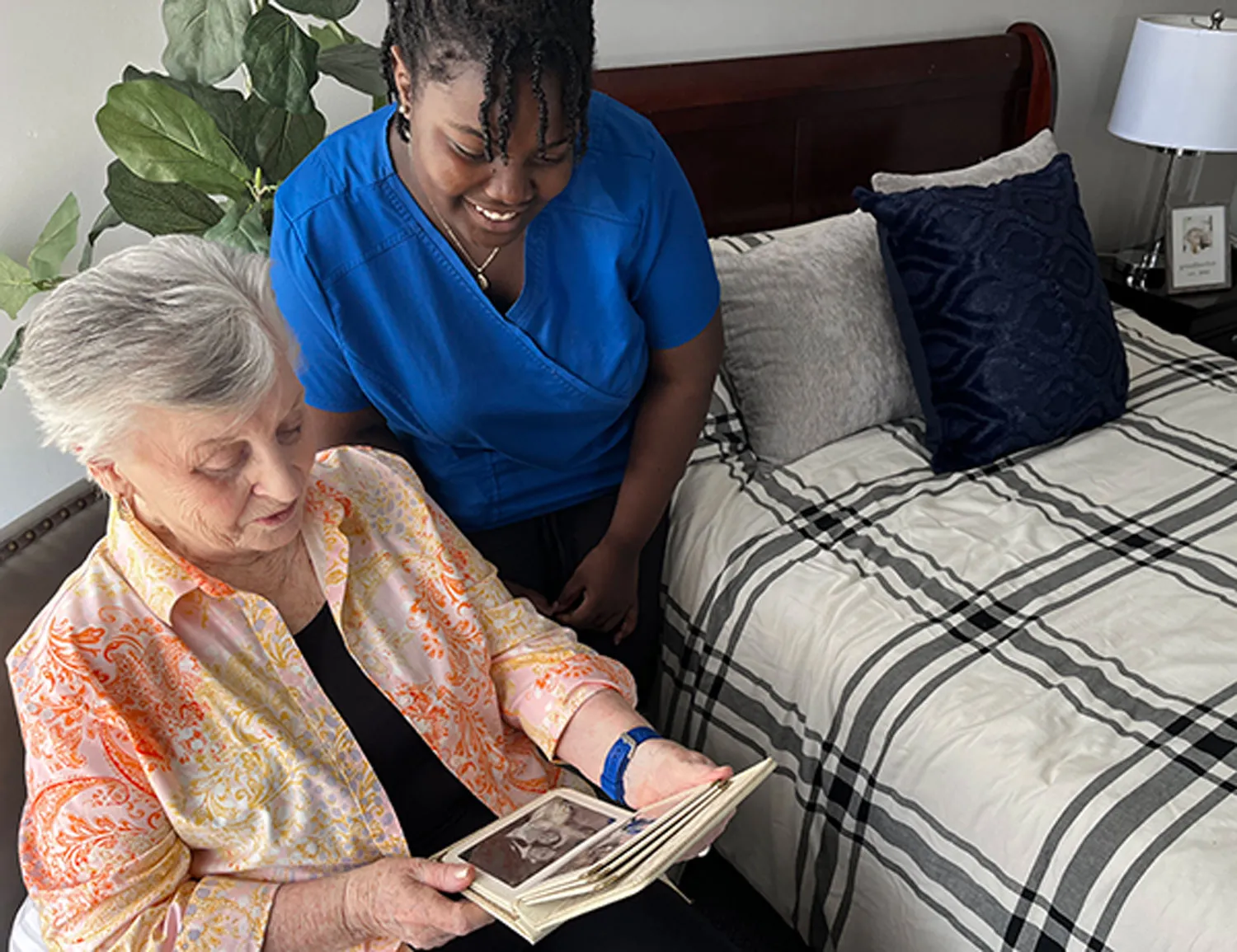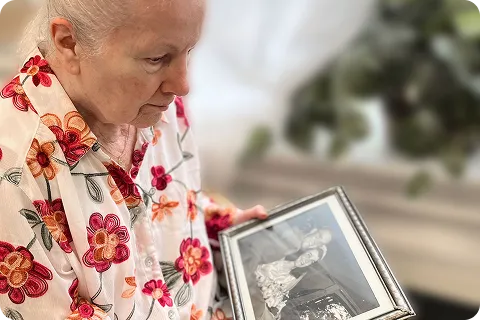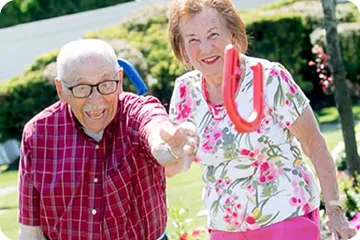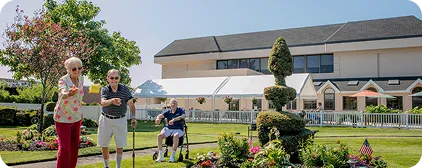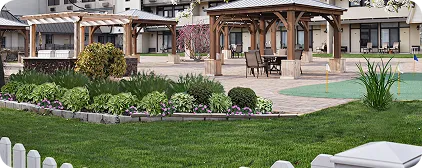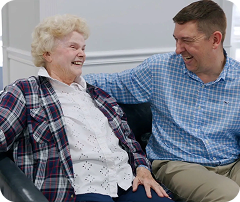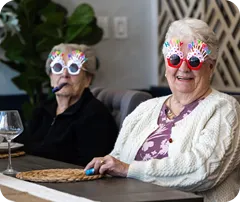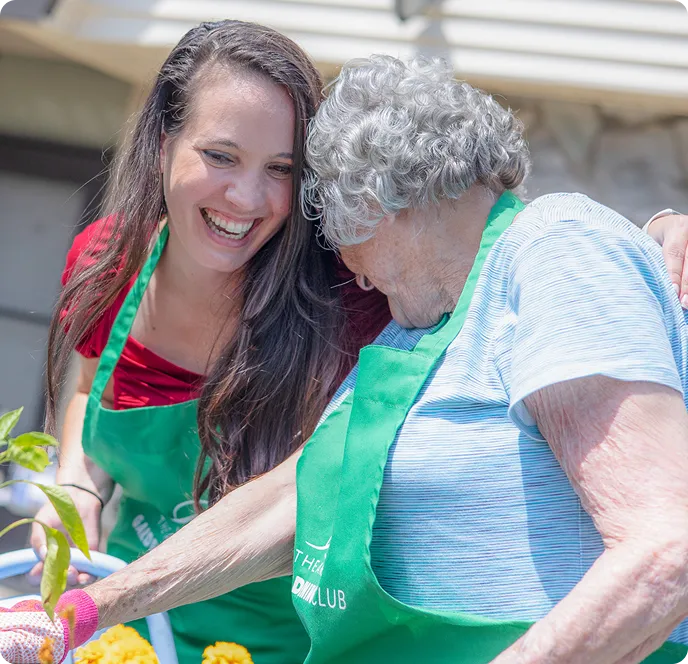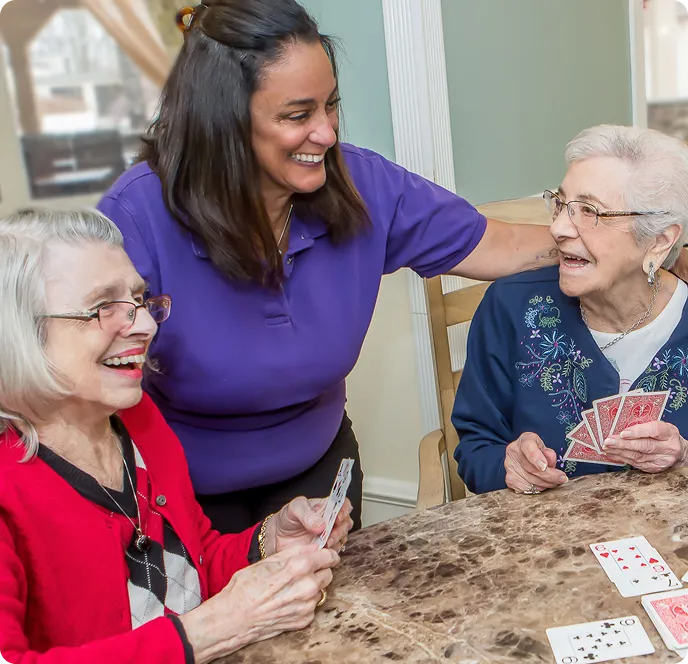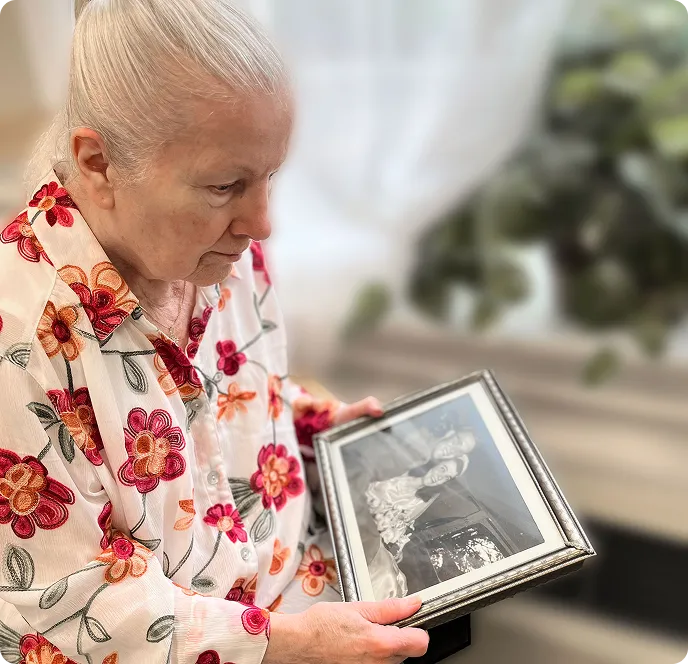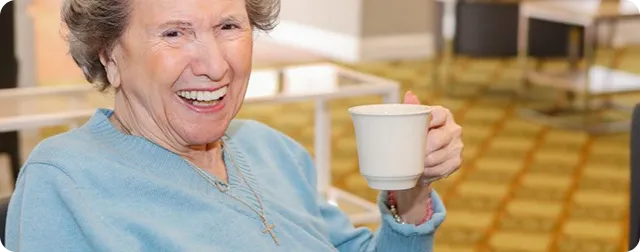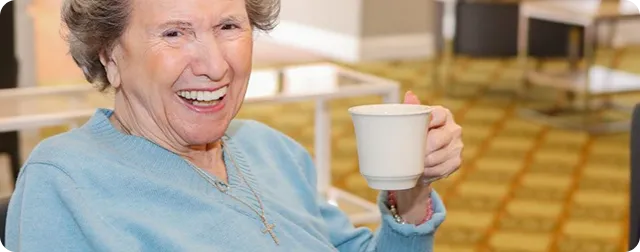(631) 778-7747
Eye-Health Tips for Seniors
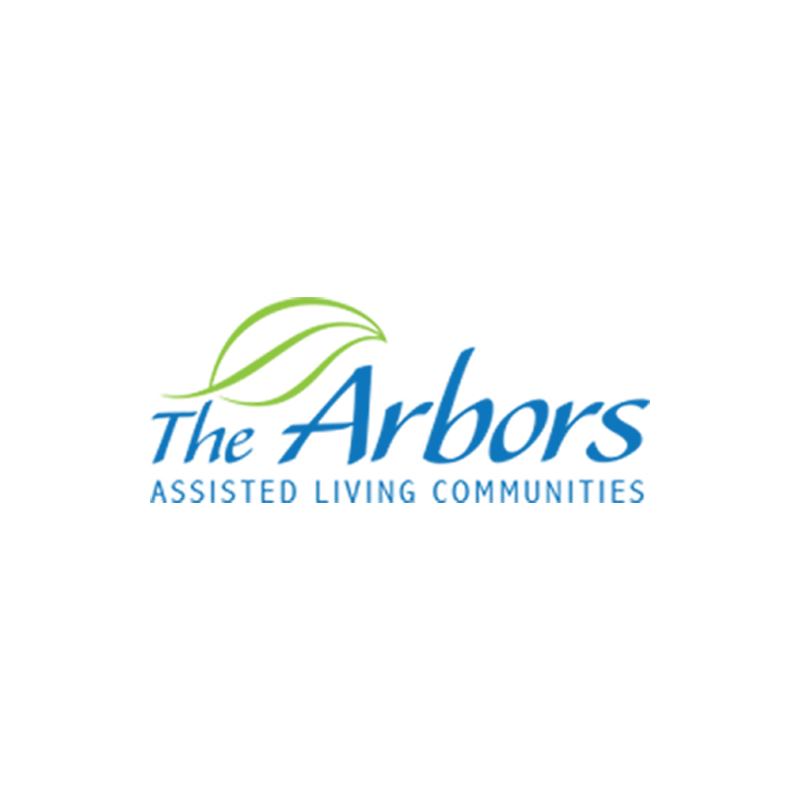
Eye-Health Tips for Seniors
December 3, 2018
How often do our medical providers start a sentence with, “As we get older …”? Fortunately, we’re not completely helpless against age-related changes. We can keep our eyes healthy well into the senior years by employing a few basic strategies.
Common Eye Problems for Seniors
According to the National Eye Institute, common senior eye problems include:
- Age-related macular degeneration – a disease that gradually destroys the sharp, central vision we need to see clearly
- Cataracts – a clouding of the eye’s lens
- Diabetic eye disease – a leading cause of blindness often due to blood vessel damage inside the retina
- Glaucoma – a group of diseases that can damage the optic nerve, leading to vision loss and blindness
- Dry eye – low tear production or rapid tear evaporation
What Foods Are Good for Your Peepers?
What we eat matters. The old wive’s tale about carrots being good for our eyes isn’t entirely off base. Eating plenty of fruits and vegetables is key to senior eye health. Green leafy veggies like spinach, collards, and kale are especially important.
Chowing down on foods high in omega-3 fatty acids is important, too. So let’s dish up the salmon, tuna, and eggs. Nuts and beans are non-meat protein foods our eyes will also love.
How to Maintain Good Eye Health
Good eye health can be sustained. We can do a lot for our senior eyes by:
- Watching our weight – Being overweight comes with an increased risk of diabetes and other health problems that lead to diabetic eye disease or glaucoma. Losing weight can be tough, but let’s make it a new year’s resolution and check with our doctors for the right program.
- Not smoking – Smoking has been linked to a higher risk of macular degeneration, cataract, and optic nerve damage among seniors.
- Wearing protective glasses and shades – Safety glasses and goggles aren’t just for the workplace. We do our eyes a favor when we wear safety gear while we’re doing handy work around the house or playing sports. Sunglasses protect our eyes from UV rays. Choose a pair that blocks at least 99 percent of both UV-A and UV-B rays.
- Giving our eyes a break – Prolonged focus on our computers, a book, or needlework, for example—can cause eye fatigue. Best eye-strain reduction strategy? Every 20 minutes gaze straight ahead about 20 feet for 20 seconds.
- Keep it clean – Finally, if those of us who are contact lens wearers will want to give our hands a good wash before putting in or taking out lenses, and disinfect the lenses properly to avoid infection.
Since 2019 is almost upon us, why not make healthy eyes our very first new year’s resolution? The Arbors Assisted Living community is dedicated to helping seniors make the best choices that can improve their overall health and wellbeing. Contact us to learn more about how we can help your senior loved one!
Recent News
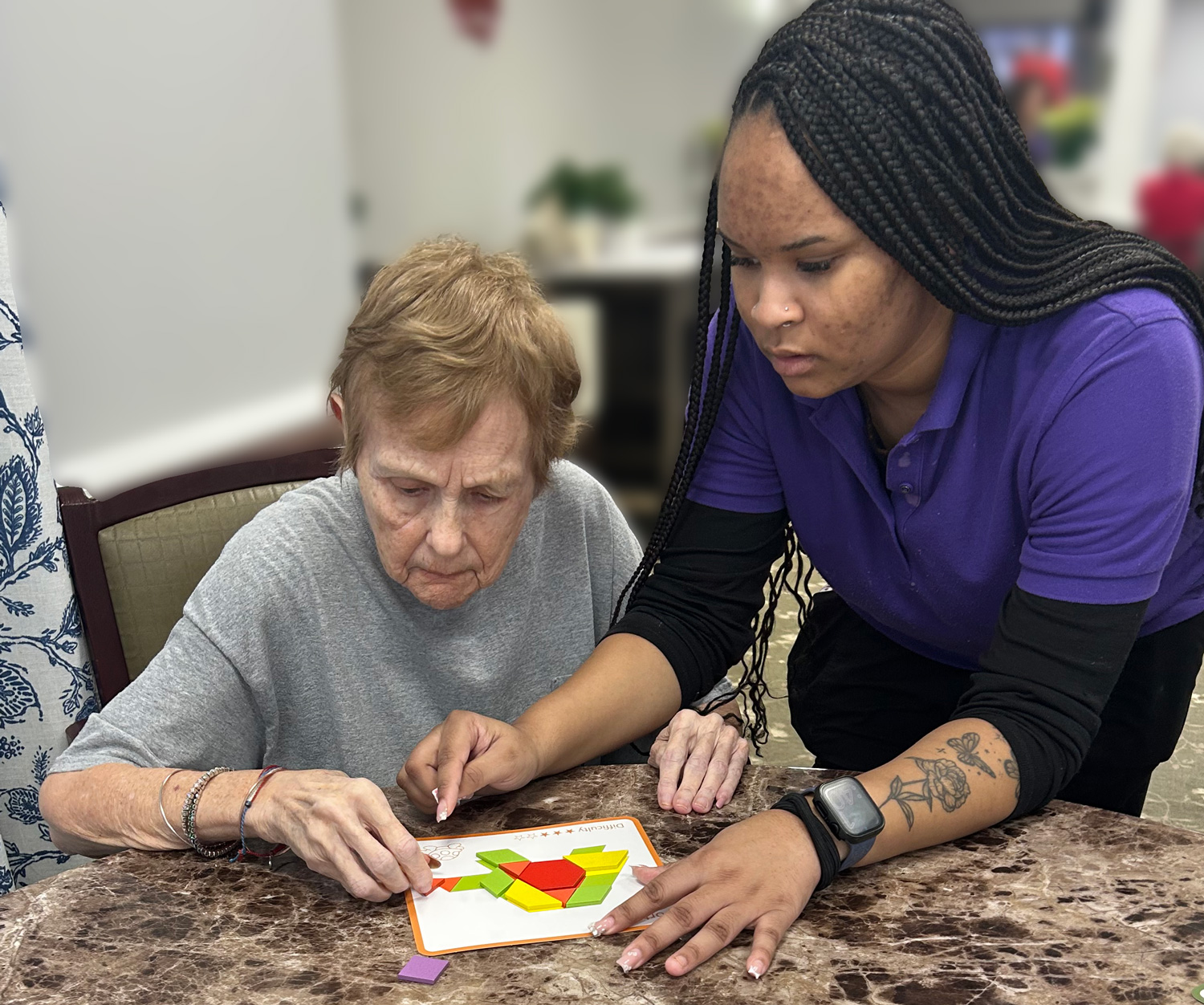
The Power of Touch
February 9, 2026
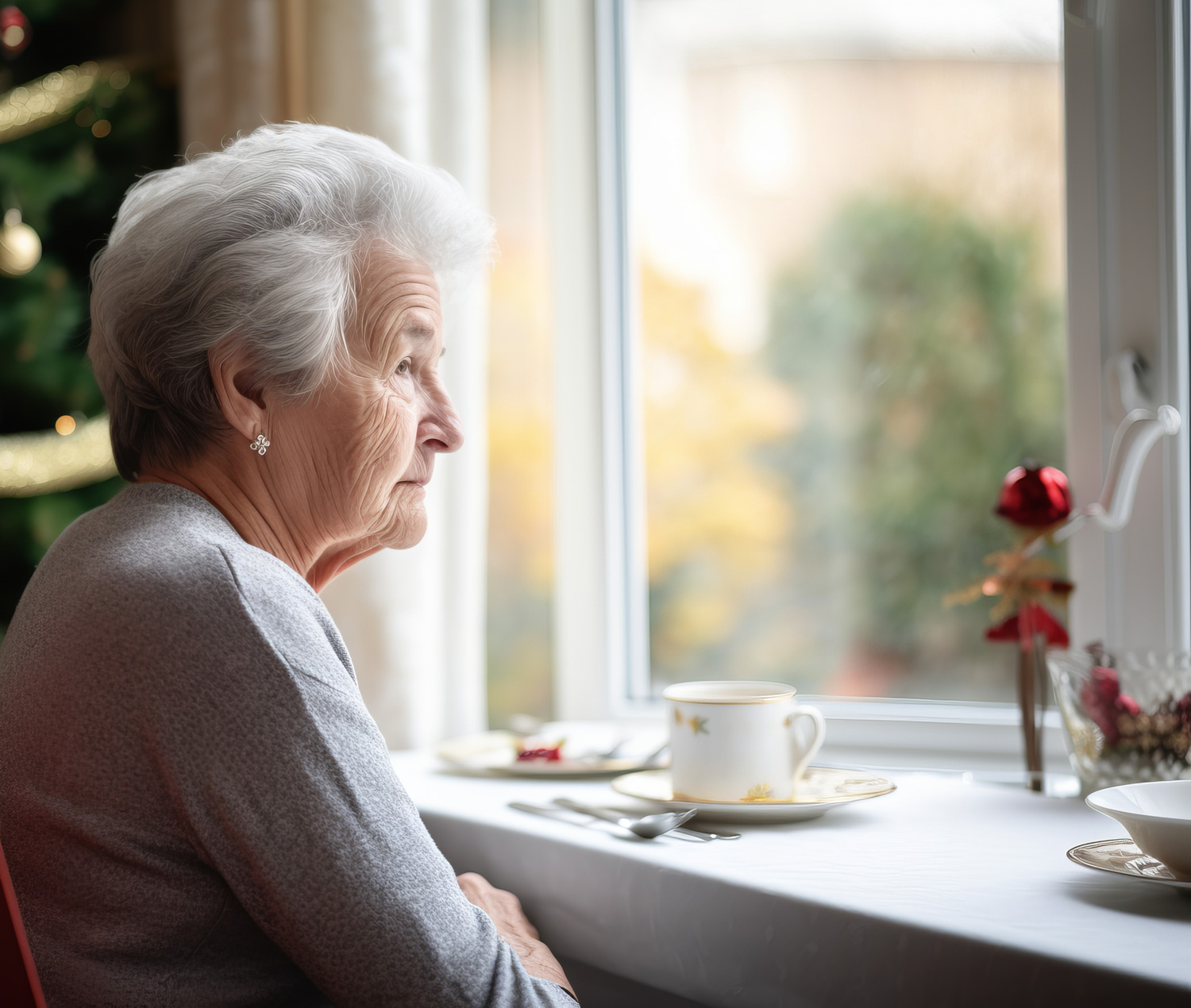
Winter Readiness for Caregivers: Do You Have a Plan?
January 6, 2026

Important Topics to Discuss With Local Assisted Living Centers
November 10, 2025
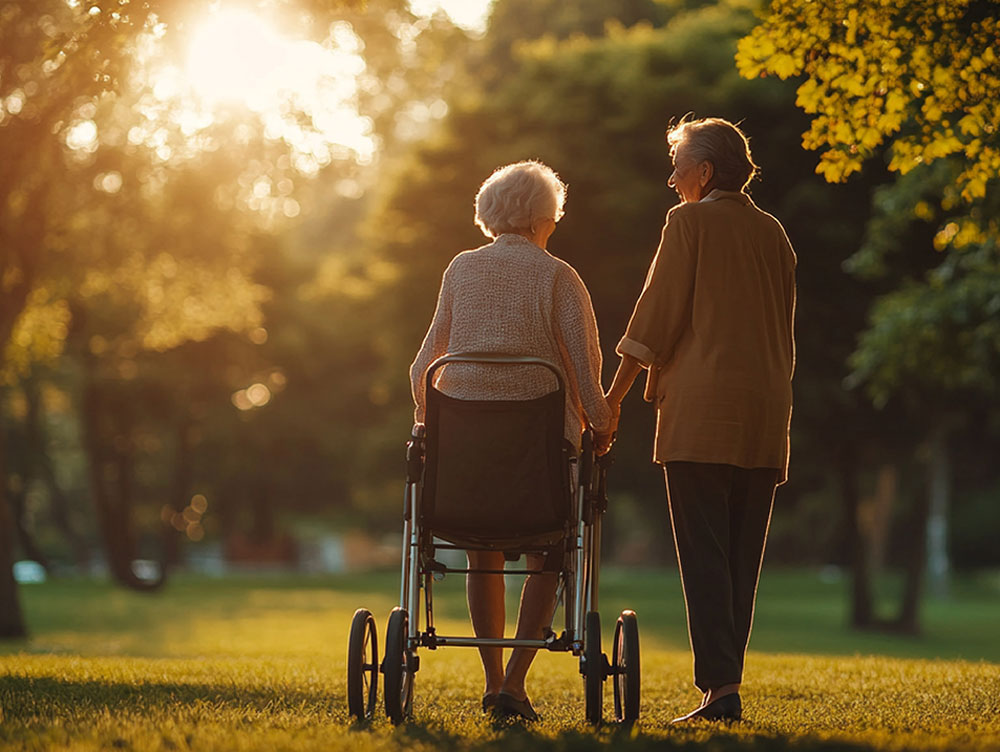
When It’s Time: Helping Your Parents Accept the Need for Assisted Living
October 15, 2025

How to Encourage an Aging Parent to Shower When They Refuse
July 2, 2025
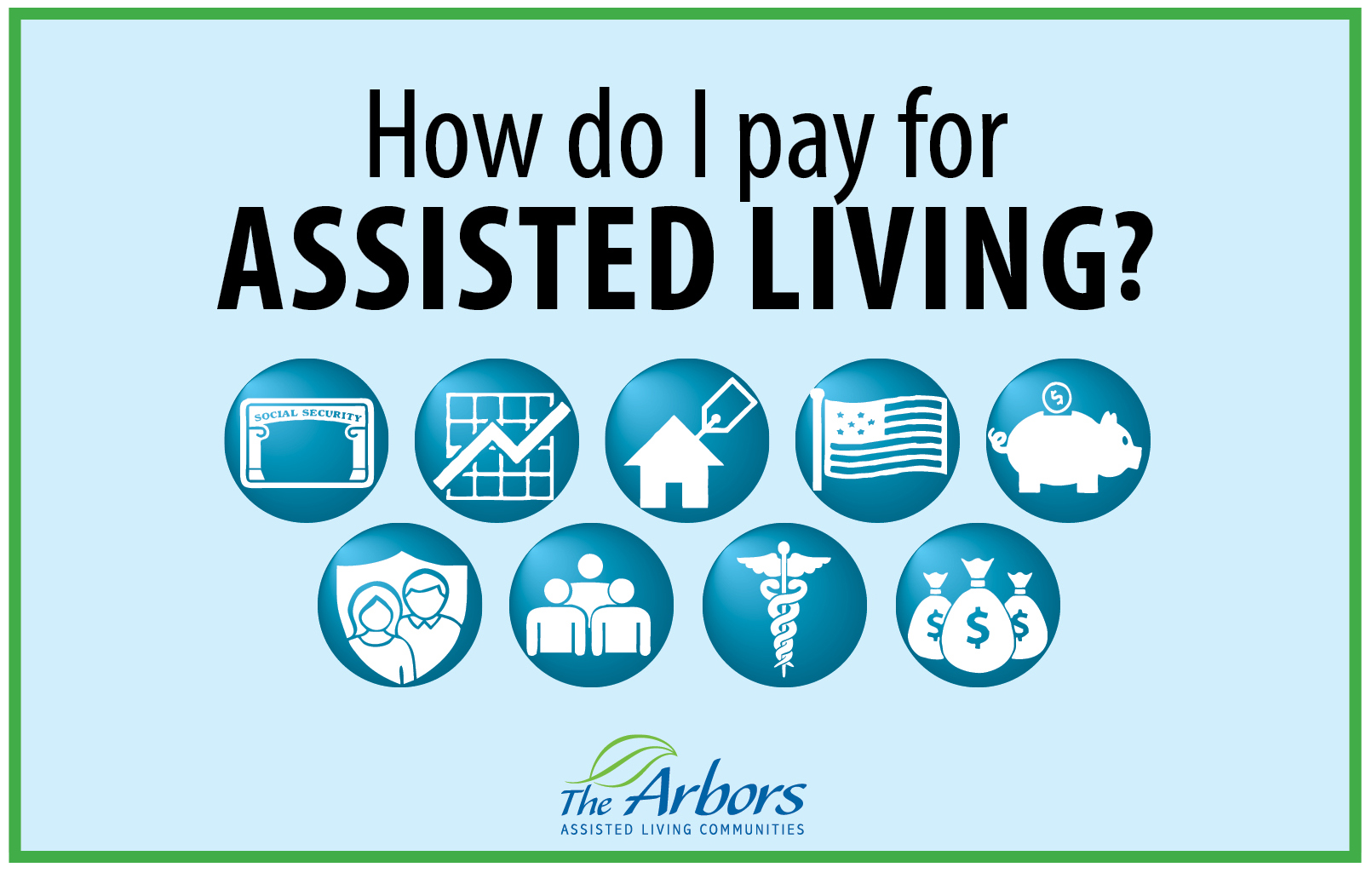
How Do I Pay for Assisted Living
June 6, 2025
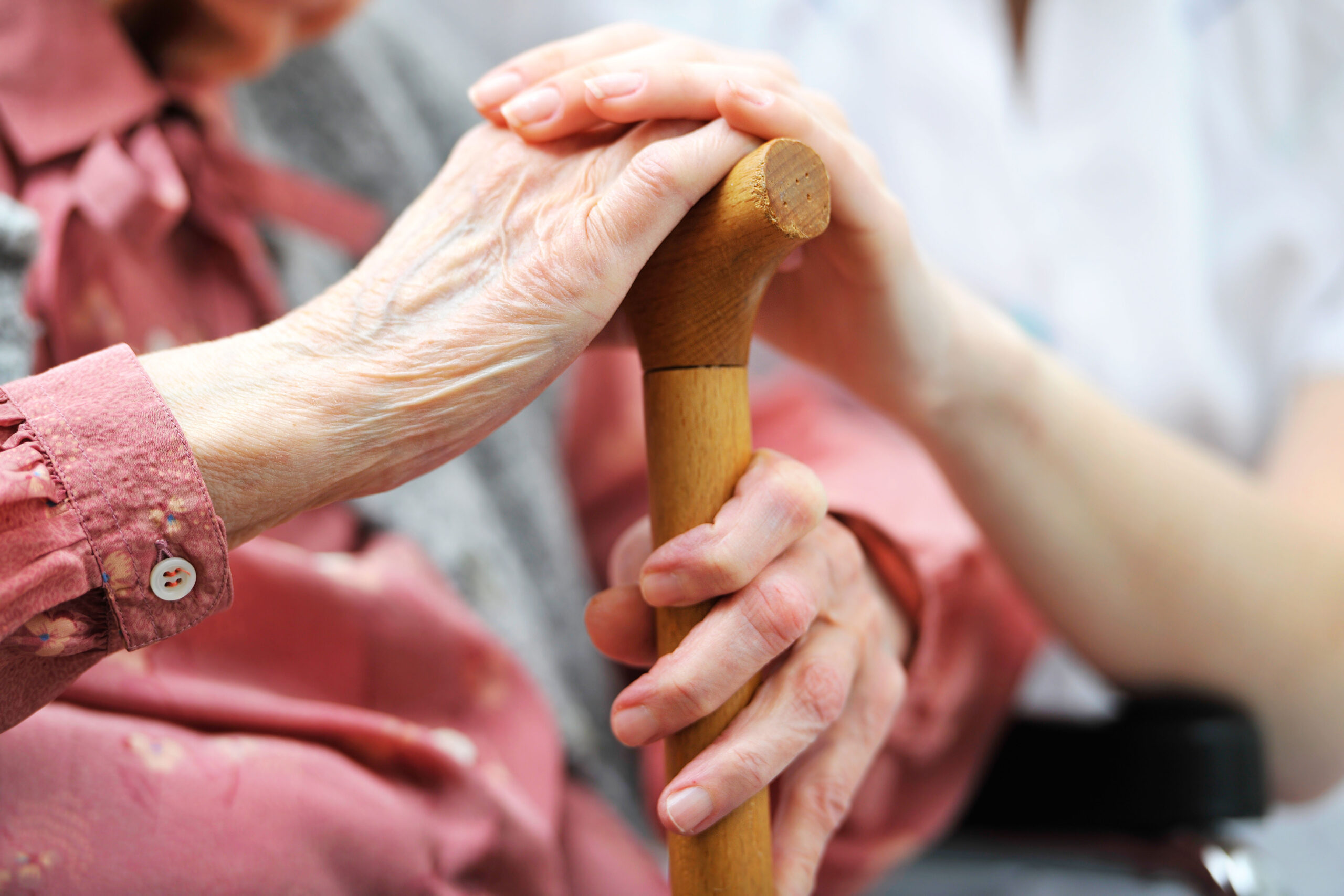
3 Signs You Should Consider Assisted Living
May 15, 2025
GET IN TOUCH
Let’s Talk About Making The Arbors Your Home
REQUEST A VISIT
Schedule a Tour of our Long Island Assisted Living Communities


